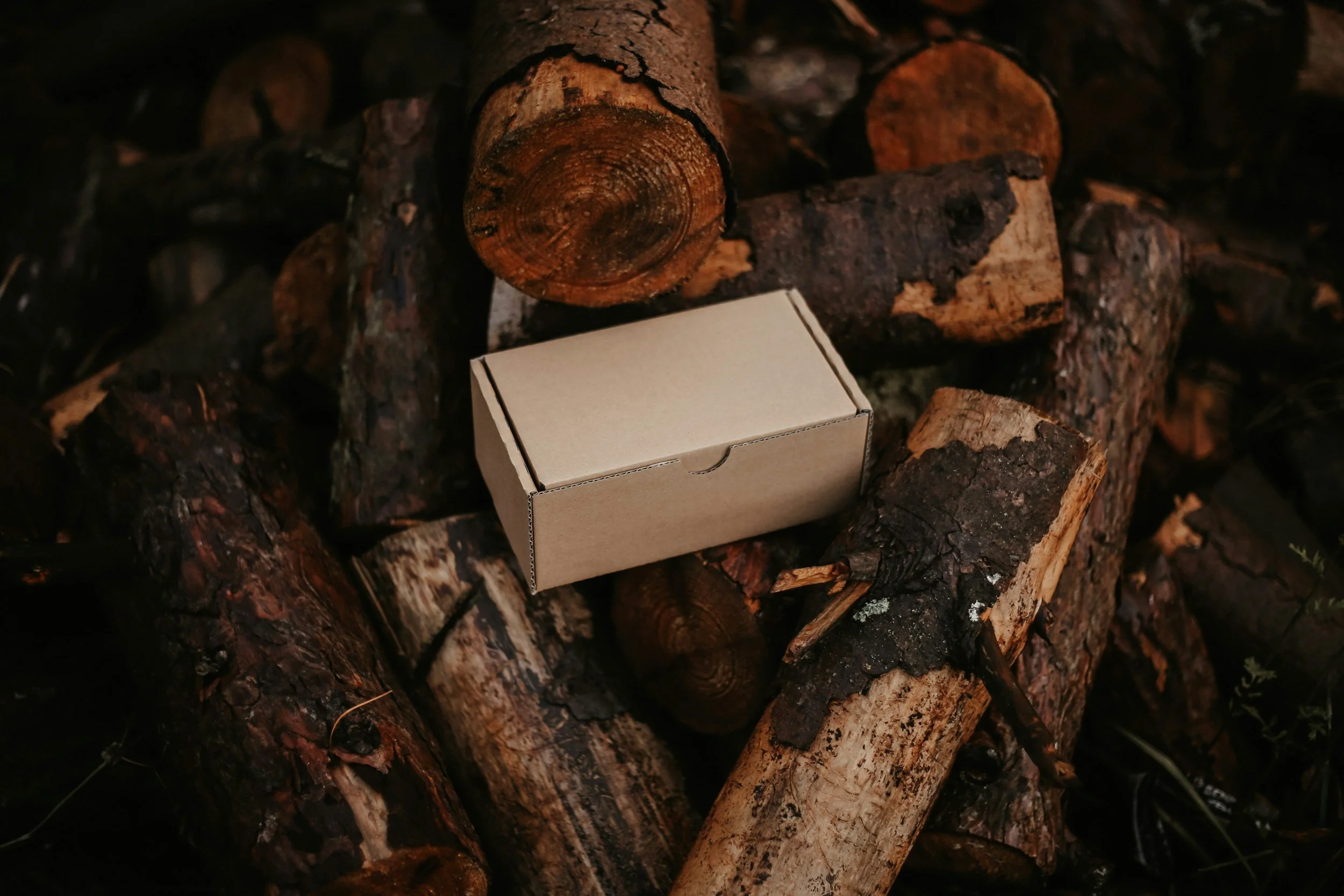milieu noun mi • lieu
: the physical or social setting in which something occurs or develops
Milli aims to shape more than just our physical environment; we want to spark discussion about our greater social environment and challenge existing standards of building practices.
Our philosophy is to take only what you need, build to your purpose, and design for decommissioning. Our materials come from renewable resources and will return to the earth when they are no longer needed.

What is our sustainability approach?
We are approaching decarbonization from a different perspective. While most sustainable building practices aim to reduce environmental harm by lowering operational energy usage, we want to counteract harm by turning buildings into carbon stores.
Embodied carbon (EC) is the upstream and downstream emissions associated with the manufacture, installation, and disposal of a material.
It is an environmental cost that consumers often do not see, yet it accounts for a huge amount of a building’s total carbon footprint.
While spray foam insulation will dramatically improve a building’s energy efficiency, it will take decades of energy savings to offset the emissions produced before it was even applied.
On the other hand, natural, minimally processed materials can have a negative embodied carbon, meaning that they sequester more carbon than is emitted during manufacture.
Wood from a sustainably managed forest, for example, stores carbon even after it is harvested, turning your timber-framed house into a custom-built carbon store. These are the materials we want to share.
Our Story
Sustainability is our passion.
Milli was born from a love of nature and a desire to make the built environment better for both people and the planet.
At Milli, our goal is to make truly sustainable materials more visible, accessible, and cost-competitive than ever before.
It is our mission to work with honesty and environmental sensitivity, striving to make carbon-negative materials the new standard.

